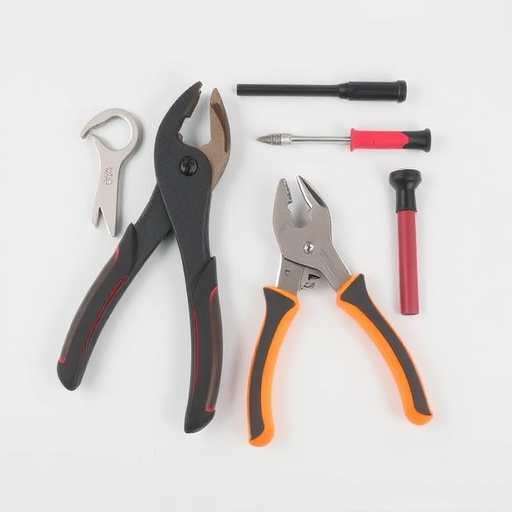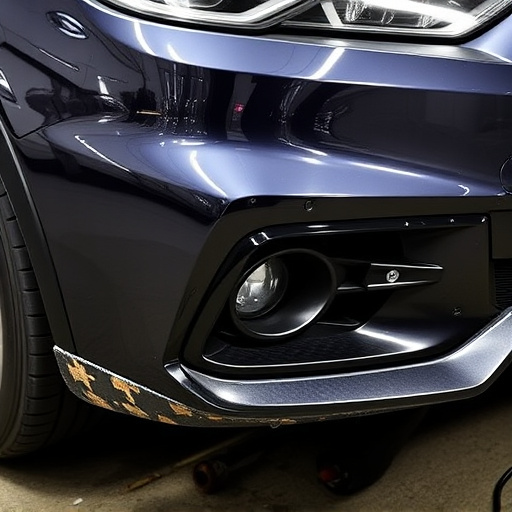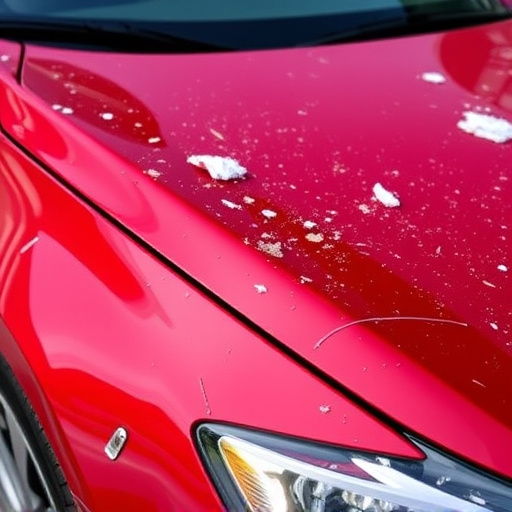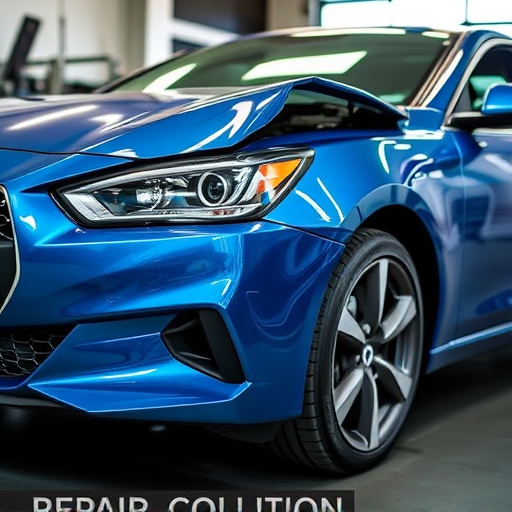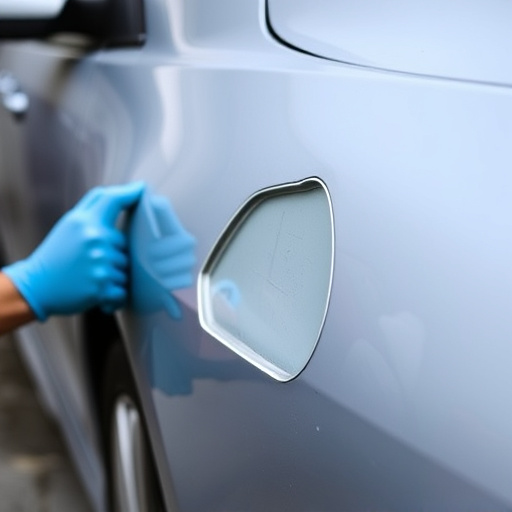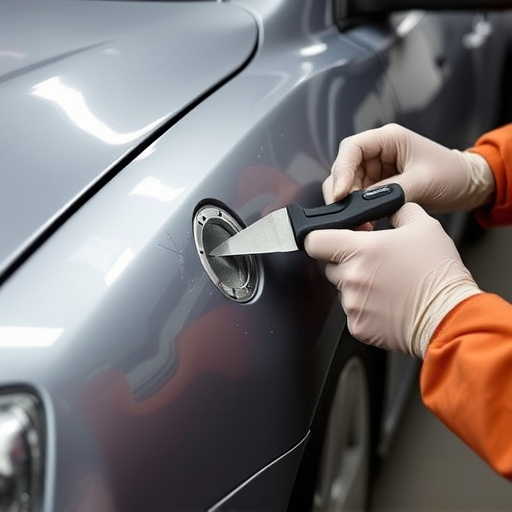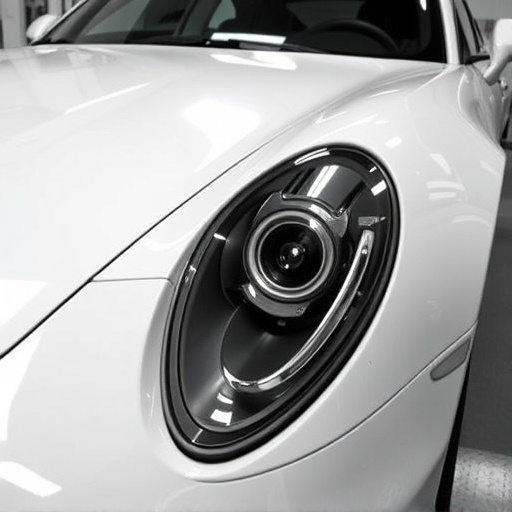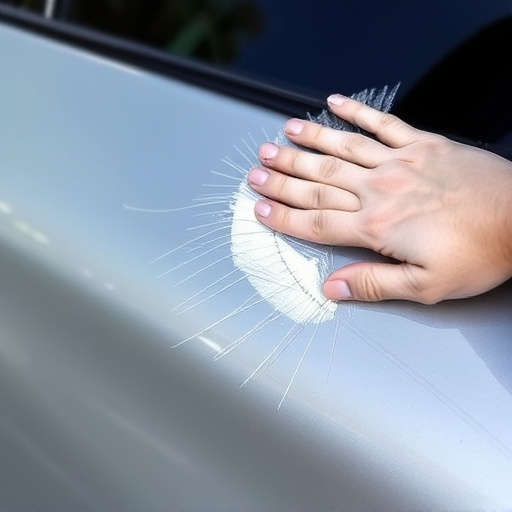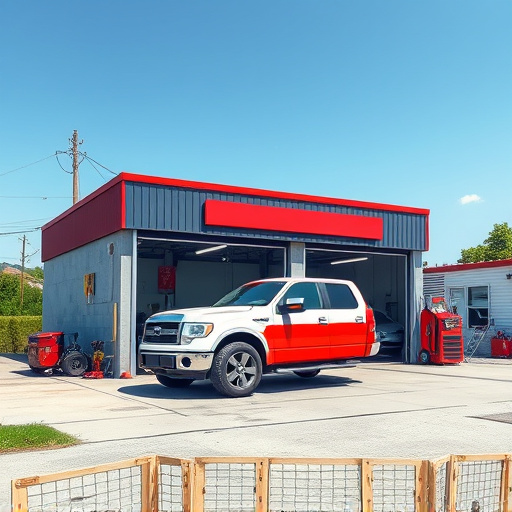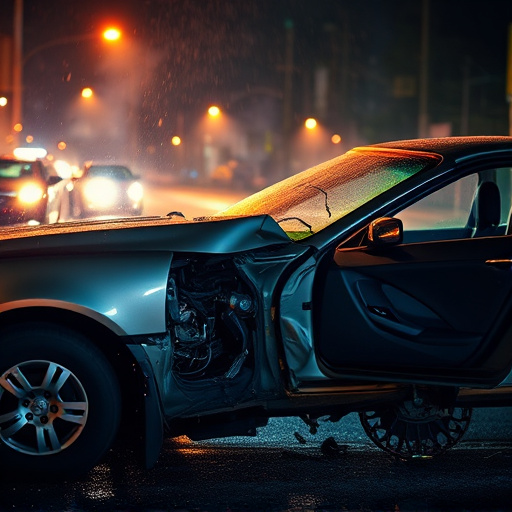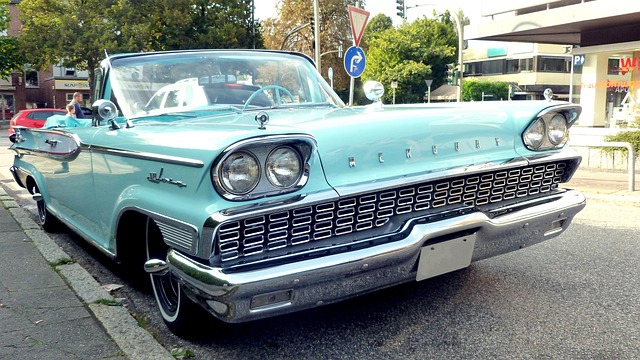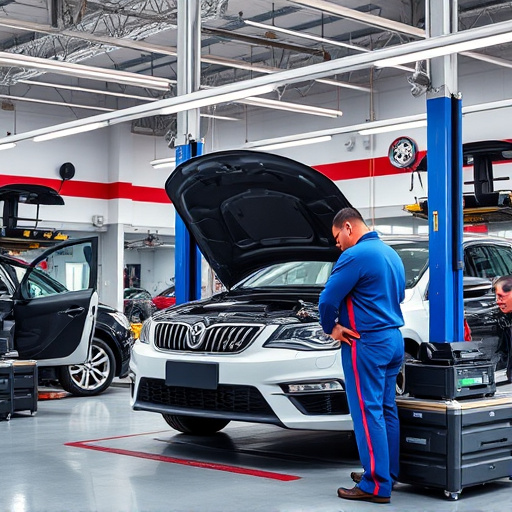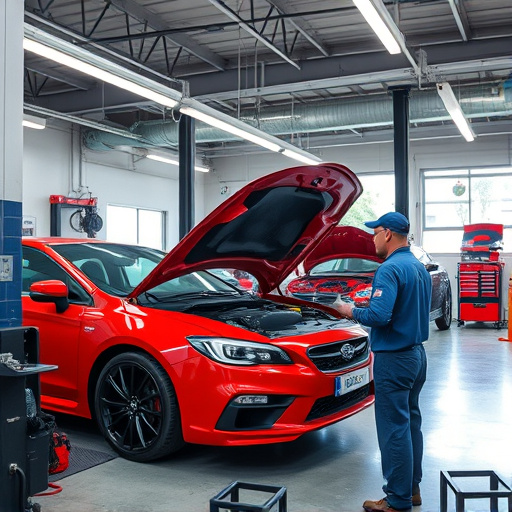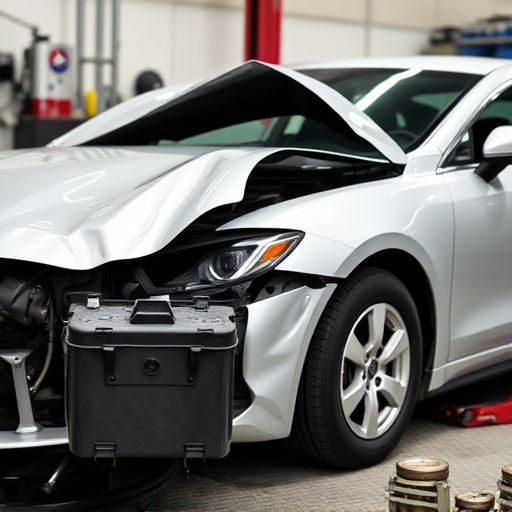Dents on vehicles are common but should be addressed promptly to prevent structural issues. Preventative measures include regular washing and coatings. For existing dents, professional collision repair shops offer specialized tools and training for effective, invisible repairs, preserving car value and aesthetic appeal. DIY methods are suitable for shallow, recent dents, but deeper or older ones require expert intervention. Timely action is key to maintaining long-term vehicle functionality and resale value.
Vehicle dents can range from minor cosmetic issues to structural problems that, if left unattended, could lead to long-term damage and safety hazards. Understanding common causes and taking immediate actions after a dent occurs is crucial for effective vehicle dent fixing. This article explores practical tips, including the professional vs DIY dent repair debate, to help you make informed decisions and restore your vehicle’s exterior to its pre-dent condition.
- Understanding Common Causes of Vehicle Dents
- Immediate Actions After a Dent Occurs
- Professional vs DIY Dent Repair: Weighing Options
Understanding Common Causes of Vehicle Dents
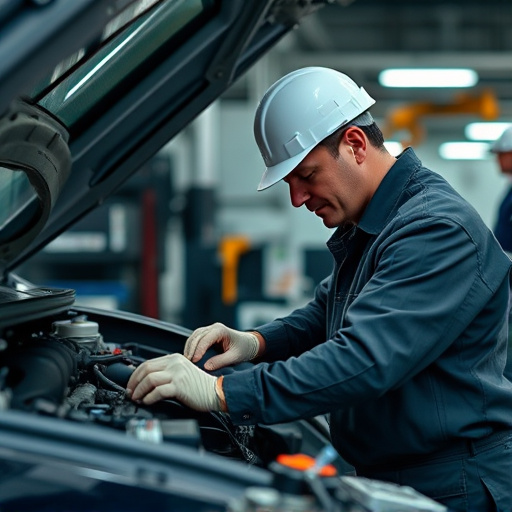
Dents on vehicles are more common than you might think, and understanding their causes is a crucial step in vehicle dent fixing. Common causes include accidents or collisions, airborne debris like dirt, stones, or ice chips, and even minor incidents such as parking bumps. These incidents can leave not just visible marks but also hidden damage if left unaddressed, potentially leading to long-term structural issues.
Avoiding and addressing dents early is key in maintaining your vehicle’s aesthetic appeal and overall integrity. Regular washing and the use of protective coatings can help shield against airborne debris. For existing dents, a trip to a reputable collision repair shop or focusing on DIY car paint repair might be necessary. Locating an auto repair near you that offers quality services for vehicle dent fixing is essential to ensuring the job is done right, preserving both the value and appearance of your vehicle.
Immediate Actions After a Dent Occurs
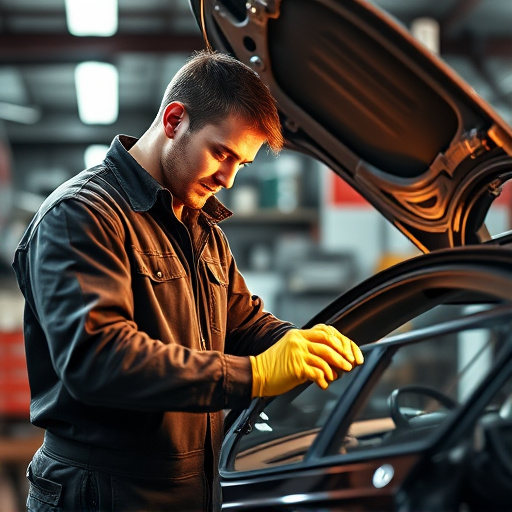
When a dent occurs, whether from a minor fender bender or a more significant impact, immediate action is crucial for effective vehicle dent fixing. The first step is to assess the damage – inspect the dent’s size, depth, and location on the vehicle. This quick evaluation helps determine the repair approach. If the dent is shallow and recent, you might be able to fix it yourself using simple tools like a rubber mallet and plastic putty. For deeper or older dents, professional intervention is recommended; a trained technician will employ advanced techniques and tools for optimal results.
Timely intervention is key in vehicle dent fixing to prevent long-term damage. Over time, dents can weaken the integrity of a car’s panel, leading to rust and further structural issues. Additionally, deep or poorly repaired dents can affect a car’s aesthetics, impacting its resale value. Therefore, addressing the dent promptly, whether through DIY methods for minor scratches or professional vehicle restoration for more severe cases, is essential for both functionality and aesthetics in the long run.
Professional vs DIY Dent Repair: Weighing Options
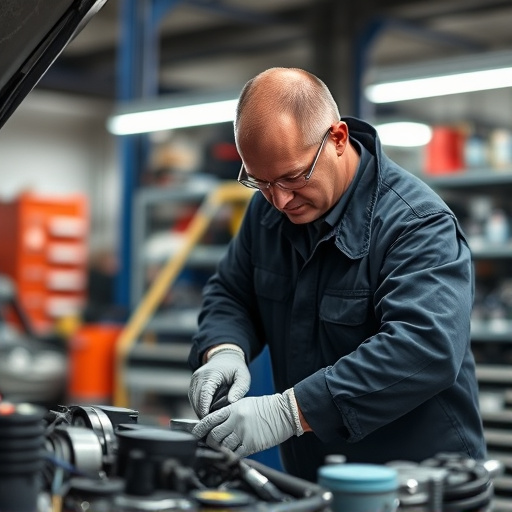
When considering vehicle dent fixing after a fender bender or minor collision, one of the first decisions to make is whether to opt for professional car body repair services or attempt DIY dent repair. While it’s tempting to tackle smaller dents yourself to save costs, professional paintless dent repair offers several advantages that can ensure long-term satisfaction and vehicle value.
Professionals are equipped with specialized tools and training in the latest techniques, such as using heat guns and specialized putty to gently push out dents without damaging the surrounding paintwork or metal. This meticulous approach preserves the car’s original finish, ensuring a seamless and virtually invisible repair. Moreover, experienced technicians can accurately assess potential long-term damage, providing peace of mind that your vehicle is in good hands. Choosing professional services for even seemingly minor dents can protect your investment, prevent future issues, and save time and effort in the long run.
When it comes to vehicle dent fixing, prompt action is key to minimizing long-term damage. By understanding common causes and taking immediate steps after a dent occurs, you can effectively weigh your repair options. Whether choosing professional services or attempting DIY dent repair, staying informed ensures the best outcome for your vehicle. Implement these strategies to keep your car in top condition and avoid costly repairs down the line.
